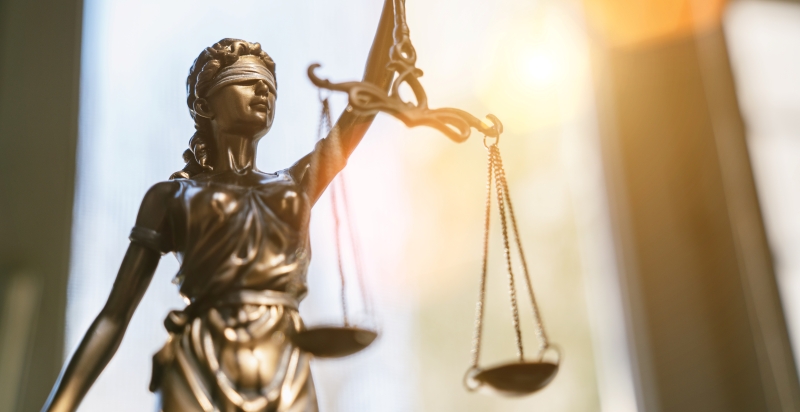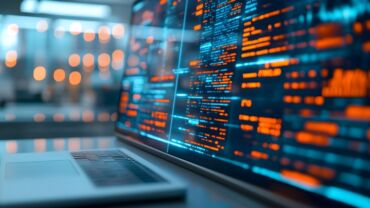A new video describes AI usage in legal and courts as a helpful tool for legal professionals, rather than a replacement, calling human oversight of AI outputs critical
In today’s fast-paced world of legal technology, the conversation around AI and its role in the legal profession is becoming increasingly significant. Concerns about AI potentially replacing human lawyers are prevalent, yet a recent video from Thomson Reuters featuring Jake Heller, Head of Legal AI Product Innovation at Thomson Reuters, provides some clarity on this matter.
According to Thomson Reuters 2024 Future of Professionals report, more than three-quarters (77%) of respondents said they believe AI will have a high or transformational impact on their work over the next five years — an increase of 10 percentage points compared to the 2023 report. Yet, despite this optimistic outlook, apprehensions regarding job displacement in the legal sector remain.
See a new video featuring an AI expert from Thomson Reuters that directly addresses these concerns:
In fact, AI is not a lawyer
Human oversight of AI output in lawyering workflow is critical
Featuring Jake Heller, Head of Product
CoCounsel at Thomson Reuters
However, the notion that AI will completely replace lawyers is unfounded. Instead, there is growing recognition that human involvement is essential to ensure AI’s ethical application and accuracy. In this way, AI is seen not a substitute for a lawyer, but rather as a powerful tool that requires human oversight to maintain ethical standards in legal workflows.
In the video, Heller emphasizes the importance of viewing AI as a sophisticated aid that can manage large data sets and offer valuable insights for legal research and analysis, rather than a replacement for legal professionals. This perspective is akin to seeing AI as a junior associate, capable of assisting in drafting documents and analyzing information but lacking the essential human traits — judgment, empathy, and nuanced understanding — that are vital in today’s legal practice. Just as a senior attorney would oversee a junior’s work, AI outputs need a similar level of human review.
AI is seen not a substitute for a lawyer, but rather as a powerful tool that requires human oversight to maintain ethical standards in legal workflows.
Indeed, evolving best practices must include integrating humans into the AI loop, and ensuring that experienced lawyers and judges evaluate and approve AI-generated work for accuracy, ethical compliance, and adherence to legal standards. This collaboration between AI and human expertise enhances legal processes while upholding professional integrity.
For legal professionals, ultimately embracing AI as a collaborative partner rather than seeing it as a threat is crucial. By combining AI’s efficiency with human expertise, legal professionals can improve their practice without compromising their core values.
This approach reinforces the idea that any advanced technology should support humanity, not replace it.
You can find out more on how AI is changing the legal profession here







